An anti-inflammatory diet is (surprisingly) one of the most delicious, incorporating the rich flavours of the Mediterranean and beyond. The next time you’re in the kitchen, whip up some of these simple, affordable and seasonal recipes to help reduce inflammation for overall good health.
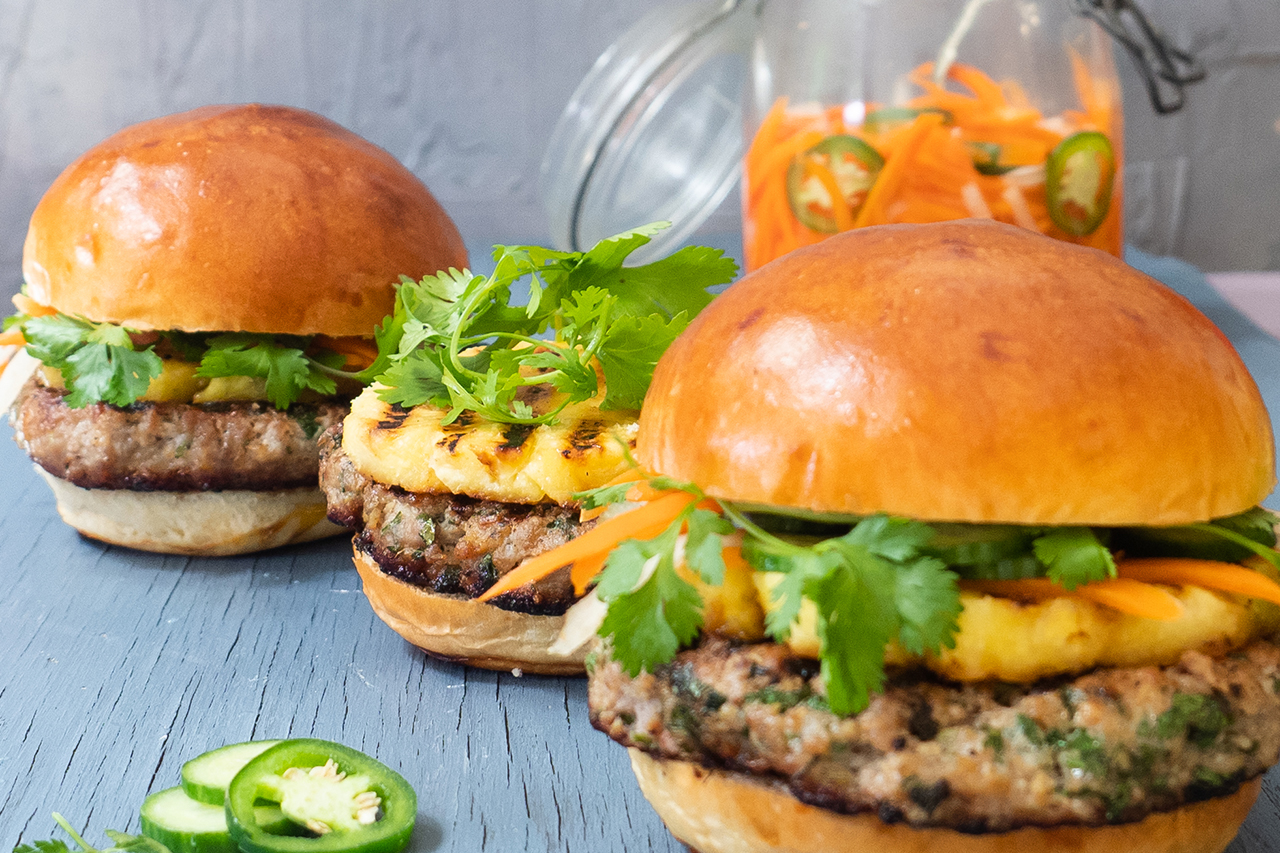
Pineapple
Pineapple’s key anti-inflammatory is bromelain, an enzyme that helps improve protein digestion.
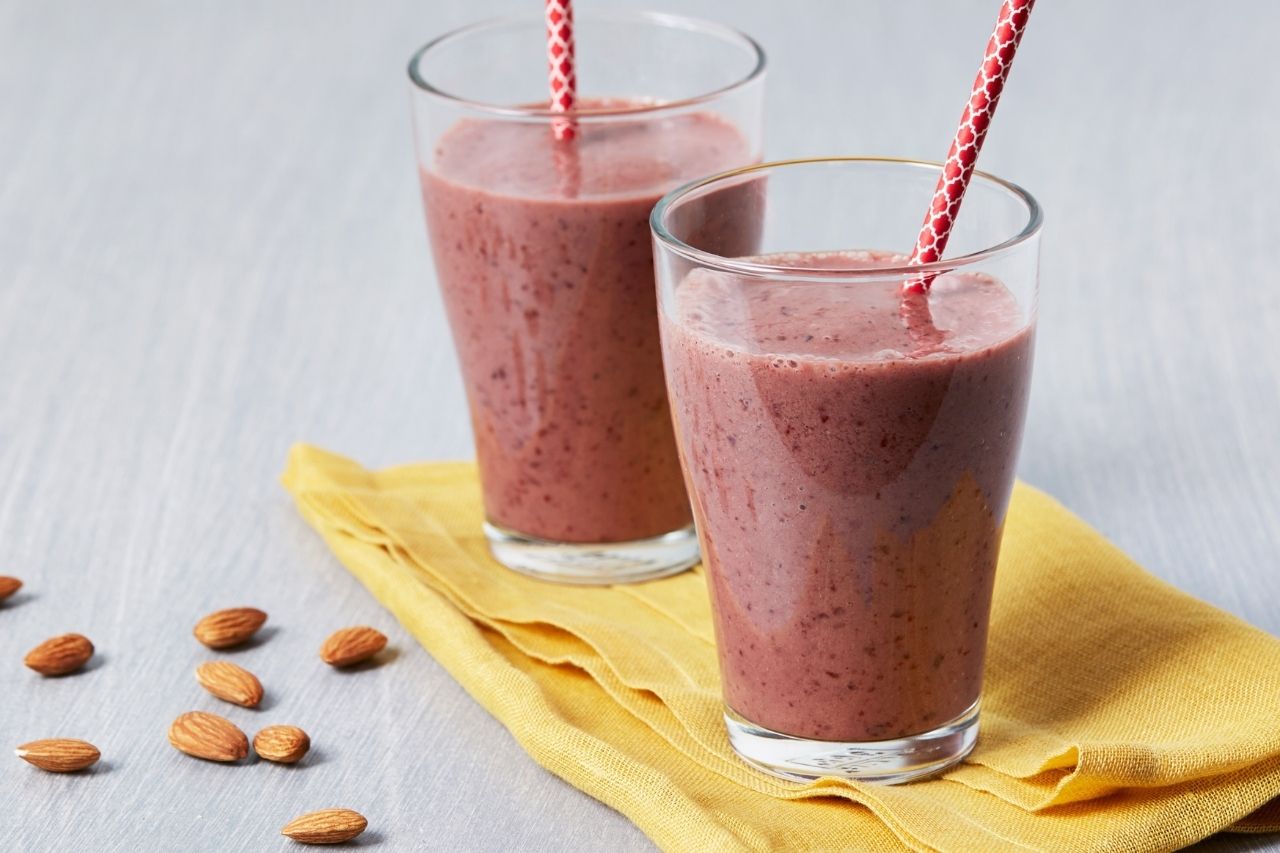
Cherries
The anthocyanins found in cherries (the nutrient that gives them their dark hue) have anti-inflammatory properties. So go ahead and add a handful of sweet cherries to smoothies.
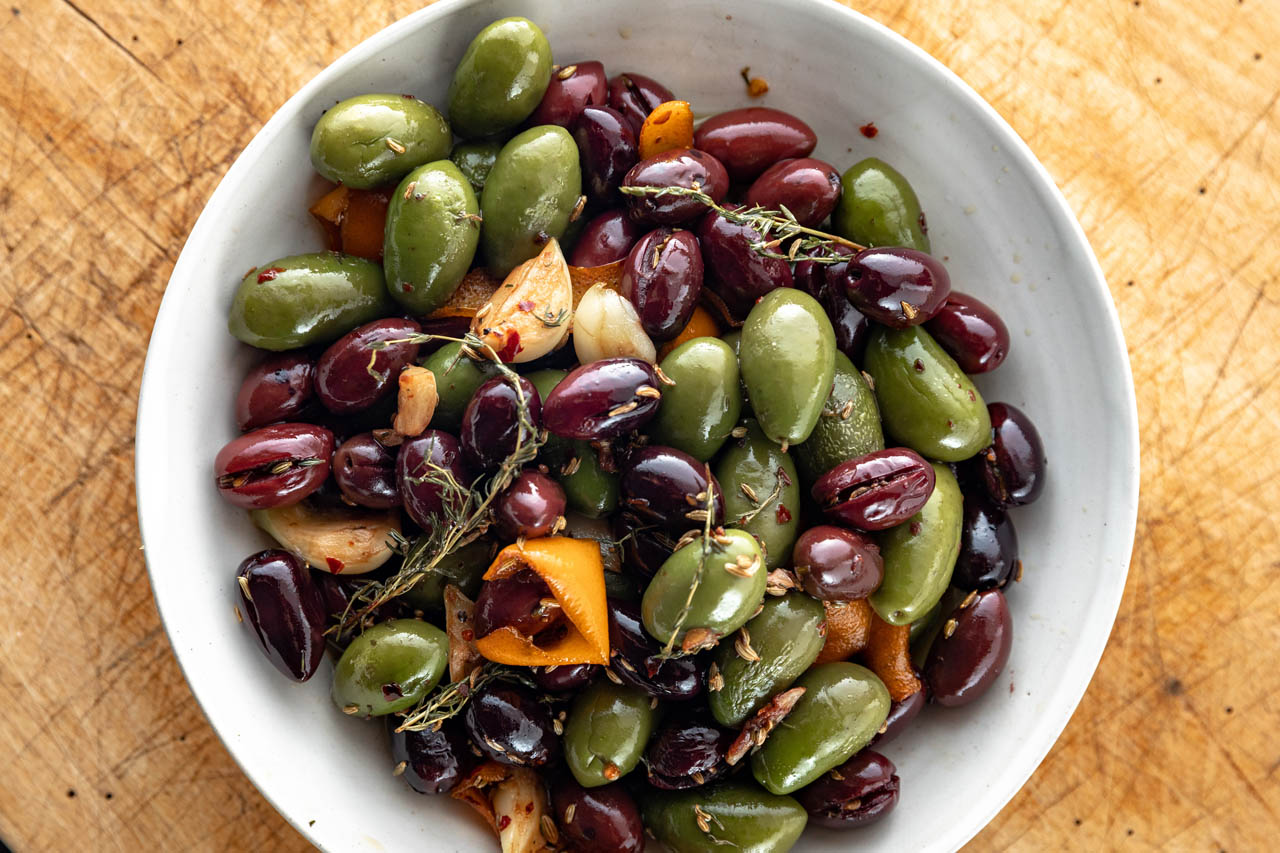
Olive Oil
Olive oil is one of the healthiest anti-inflammatory fats you can incorporate into your diet, helping aid in lowered LDL “bad” cholesterol, too. Use it as the star ingredient for poaching omega-3-rich fish or to add flavour to warm marinated olives.
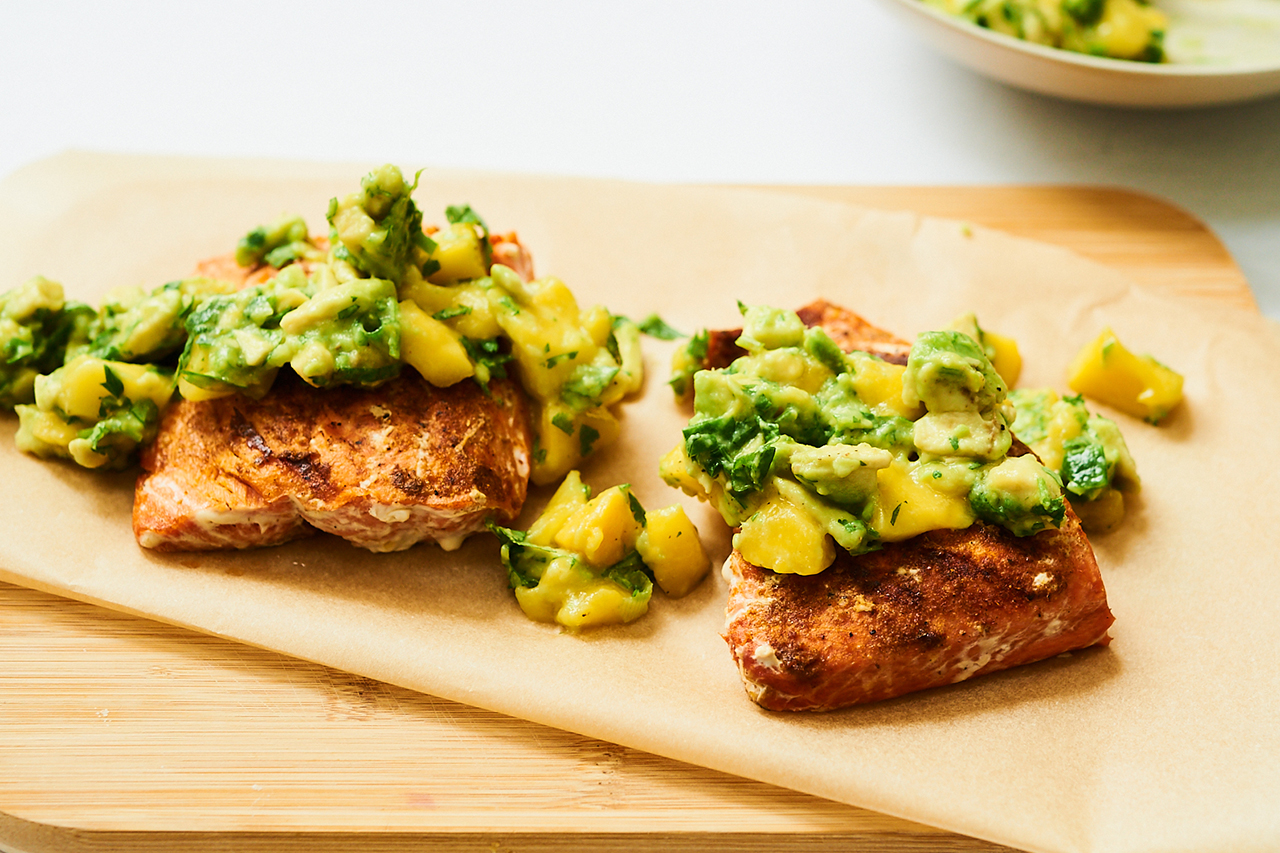
Avocado
Avocado is high in vitamin E and monounsaturated fats, two anti-inflammatory powerhouses that helps improve skin, joints, brain function and cardiovascular health. Enjoy avocado and a jalapeno kick on top of baked salmon.
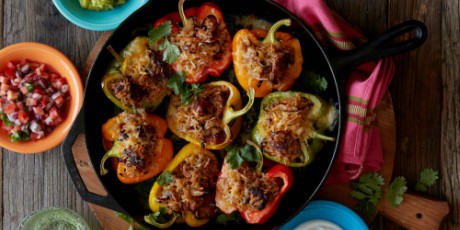
Bell Peppers
Bell peppers and other brightly coloured vegetables and fruits contain significant amounts of anti-inflammatory nutrients, as well as vitamins, minerals and fibre. Make veggies the main attraction with a superb stuffed pepper recipe.
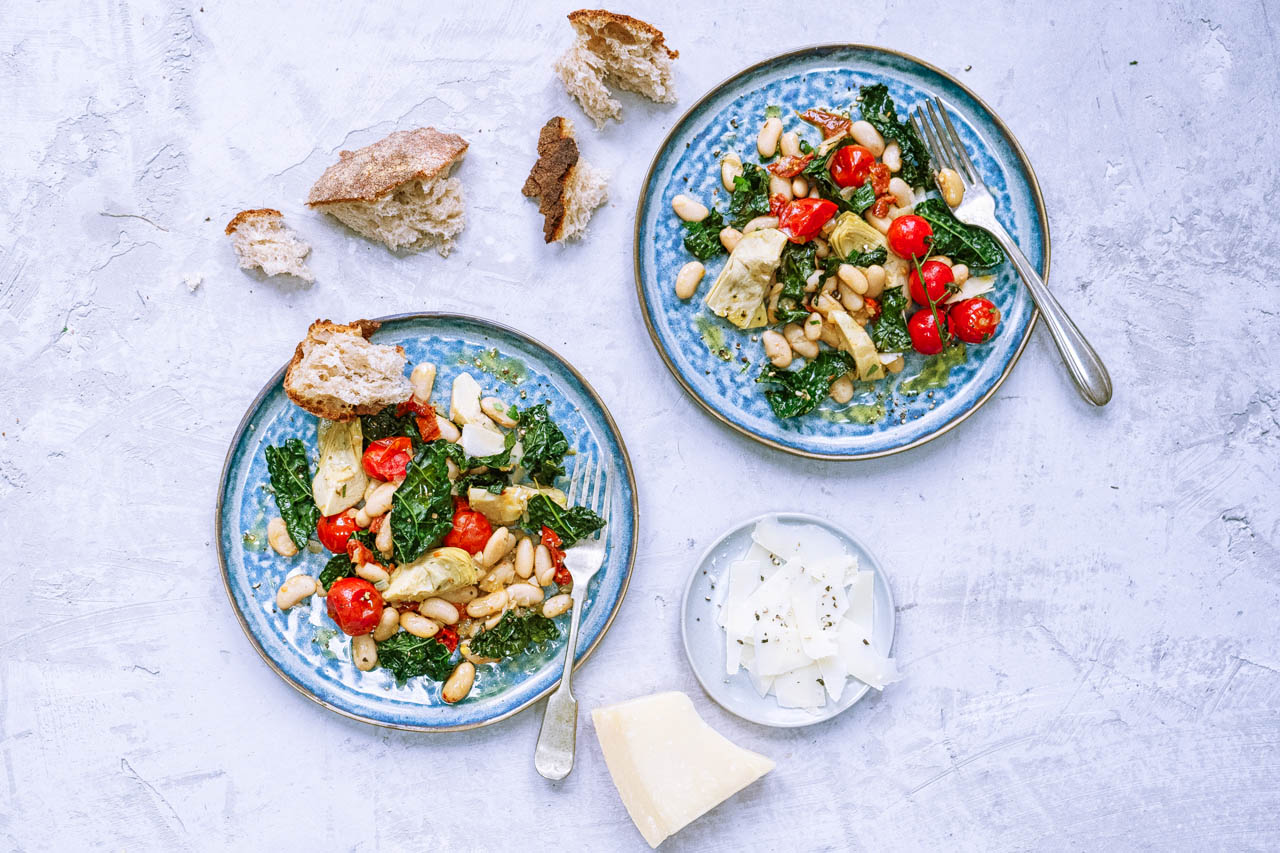
Beans
Beans are a low-fat source of fibre, shown to reduce inflammation and help lower cholesterol. With so many bean and legume varieties, there are a variety of options you can experiment with while cooking. Try bringing fresh flavours into your kitchen with this quick skillet dinner.
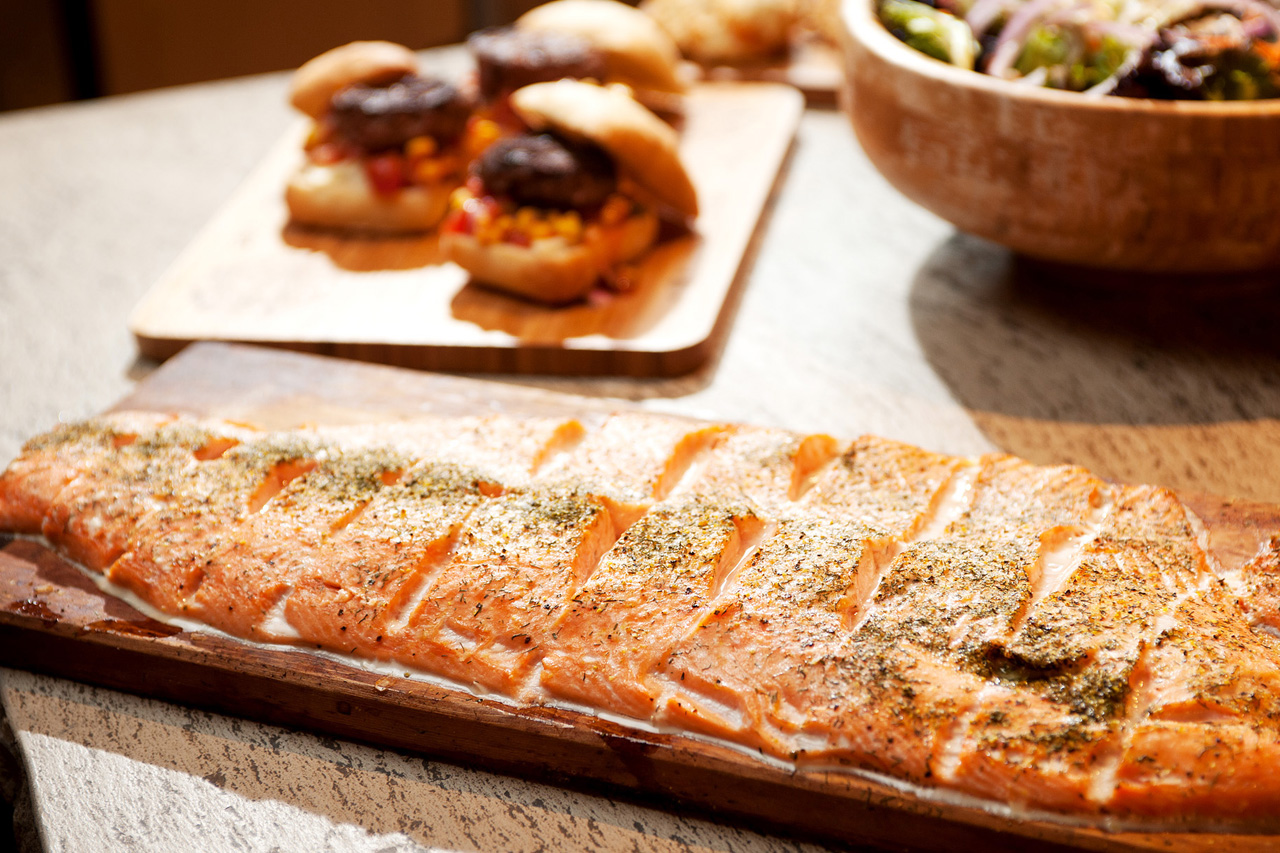
Salmon
Anti-inflammatory foods are the best way to a healthier cardiovascular system, and few nutrients do this better than omega-3 fatty acids. Wild salmon is especially high in omega-3s, so cook up this Canadian fish dish for your next dinner party.
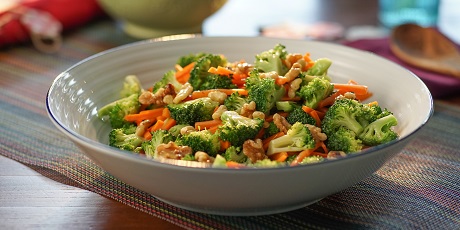
Walnuts
Reach for a handful of raw, unsalted nuts and seeds, such as the omega-3-rich walnut, for an anti-inflammatory snack proven to help reduce LDL cholesterol, blood pressure and improve brain health. When making your next salad, add a little crunch with a handful of walnuts instead of croutons.
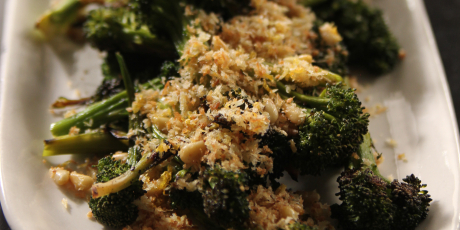
Cruciferous Vegetables
Cruciferous vegetables (cauliflower, cabbage, bok choy, broccoli, etc.) are anti-inflammatory superfoods high in many important nutrients. Try something new with this simple broccolini dish, a perfect side paired with fish and whole grains.
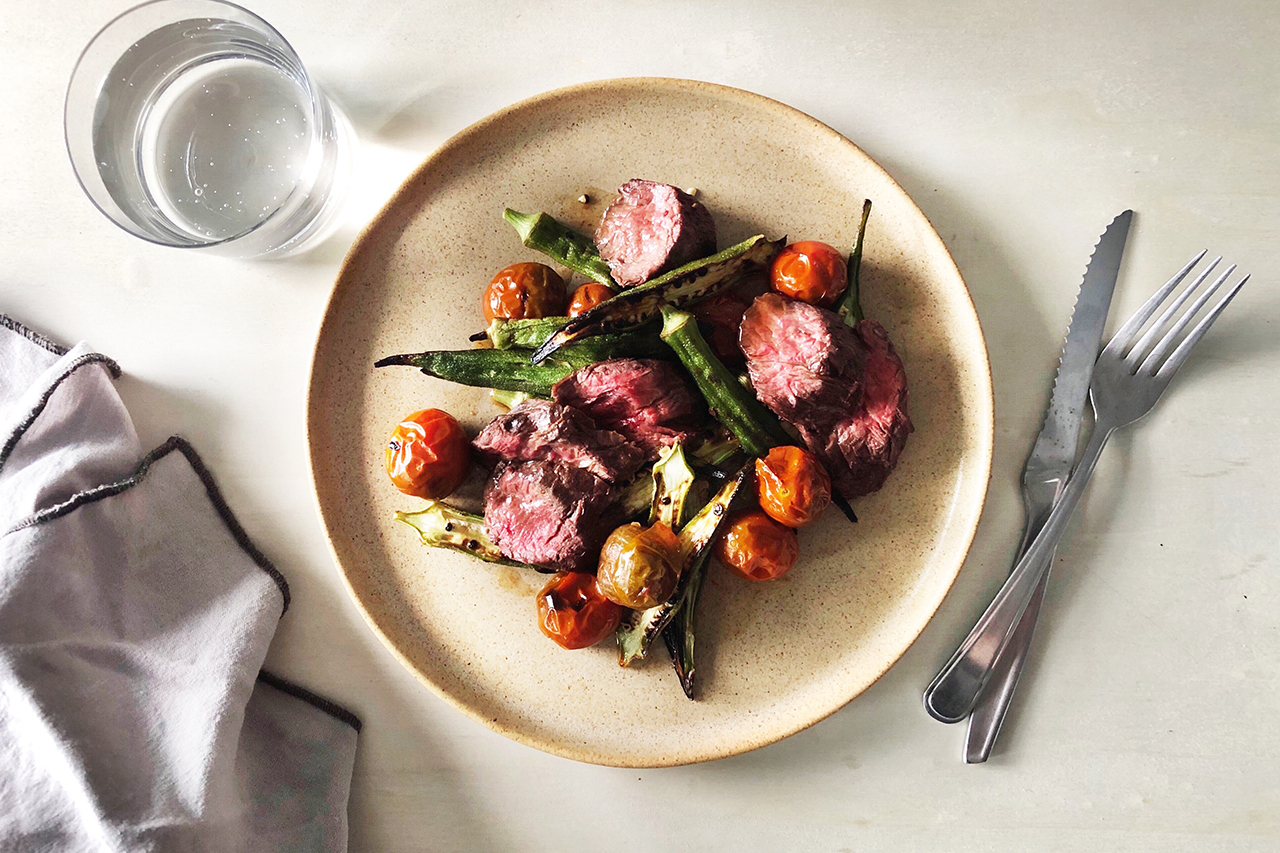
Tomatoes
Tomatoes are rich in lycopene, a nutrient that helps reduce lung inflammation. Enjoy them with charred okra with this late-summer salad.
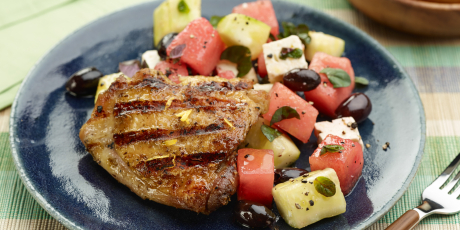
Watermelon
Watermelon, like tomatoes, contain the anti-inflammatory nutrient lycopene. Because it’s fat-soluble, pairing it with a healthy fat such as olive oil will help you unlock its health-promoting properties.
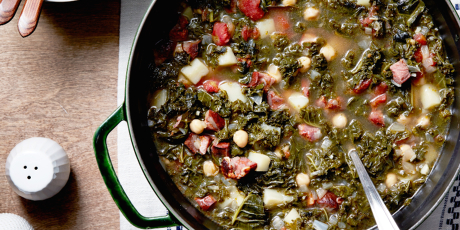
Dark Leafy Greens
The majority of dark leafy greens are high in vitamin E, an antioxidant with superior anti-inflammatory properties. Aim for eating them once or twice a day — a very achievable goal when they taste this great! You can even try tossing a handful into your favourite soup, like this delicious kale option.
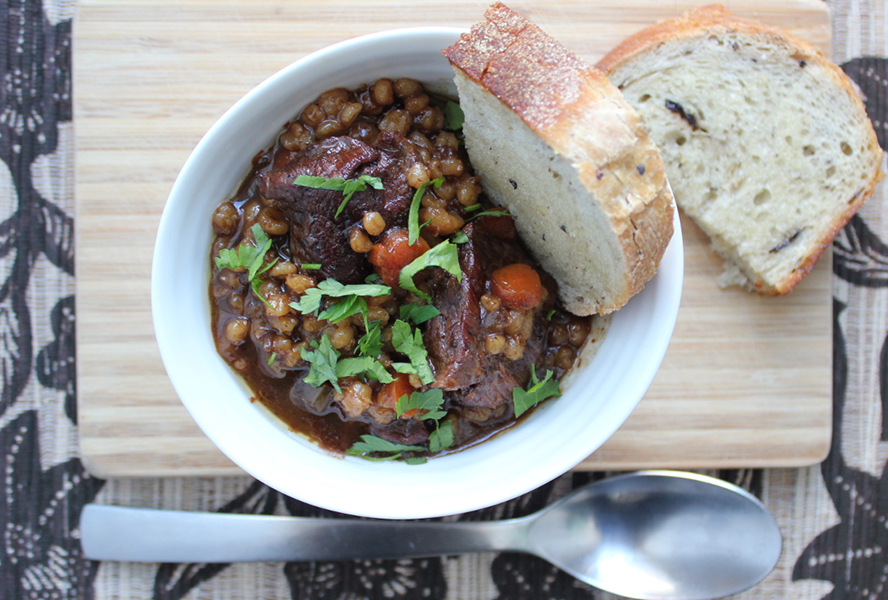
Whole Grains
Whole grains contain a host of anti-inflammatory compounds, B vitamins, protein and fibre. Barley stars in this slow-cooker beef stew.
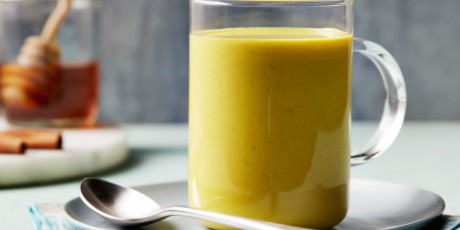
Turmeric
Superfood of the moment, turmeric is one of the most powerful and versatile anti-inflammatory foods. Its health properties are thanks, in large part, to curcumin, a nutrient that can be better accessed when paired with black pepper. If you’re new to turmeric, try it in a comforting, delicious latte.
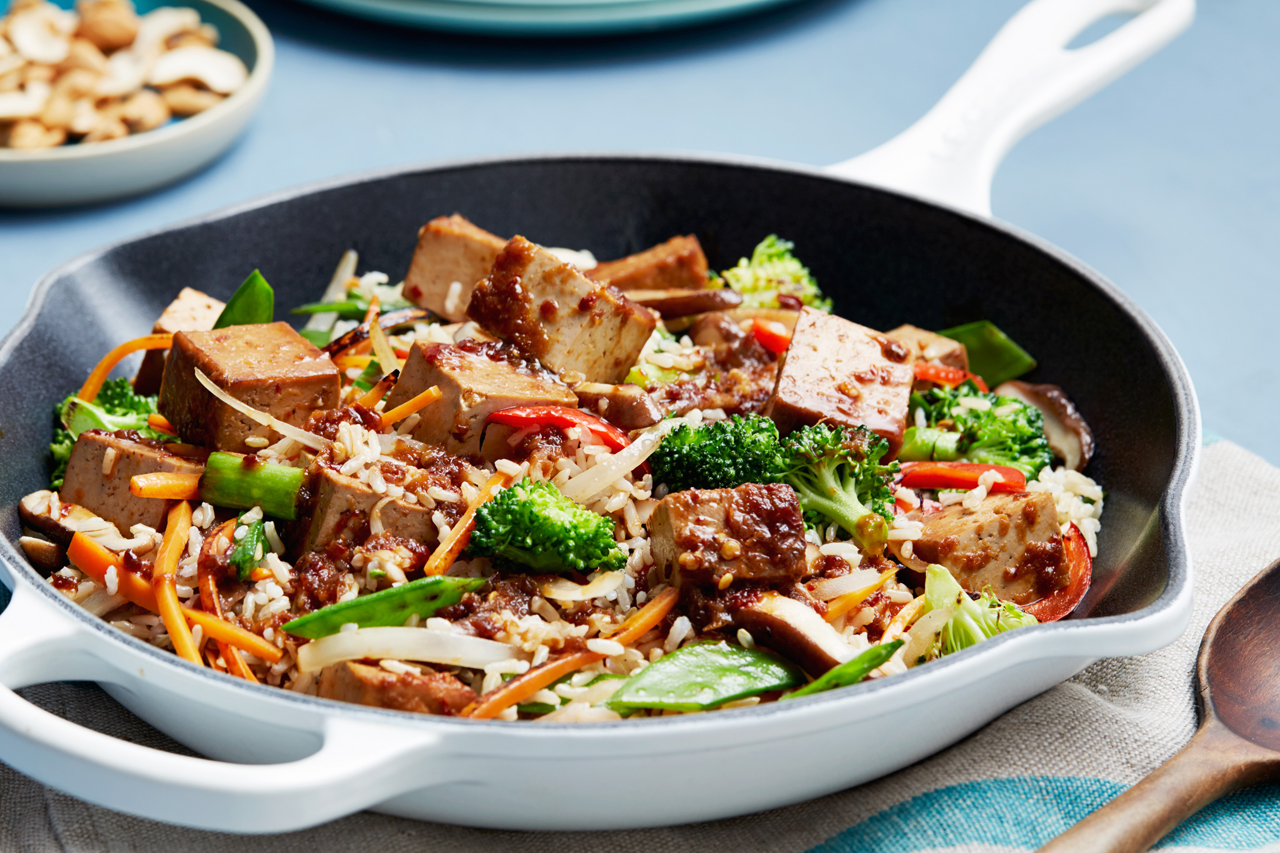
Soy
Soy is frequently studied for its role in reducing bone and heart inflammation. It’s an economical and versatile plant-based protein that you can jazz up any way you want. Try this meat-free stir-fry, and serve with whole grain brown rice.
